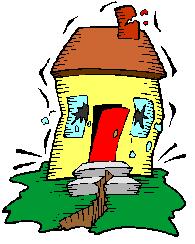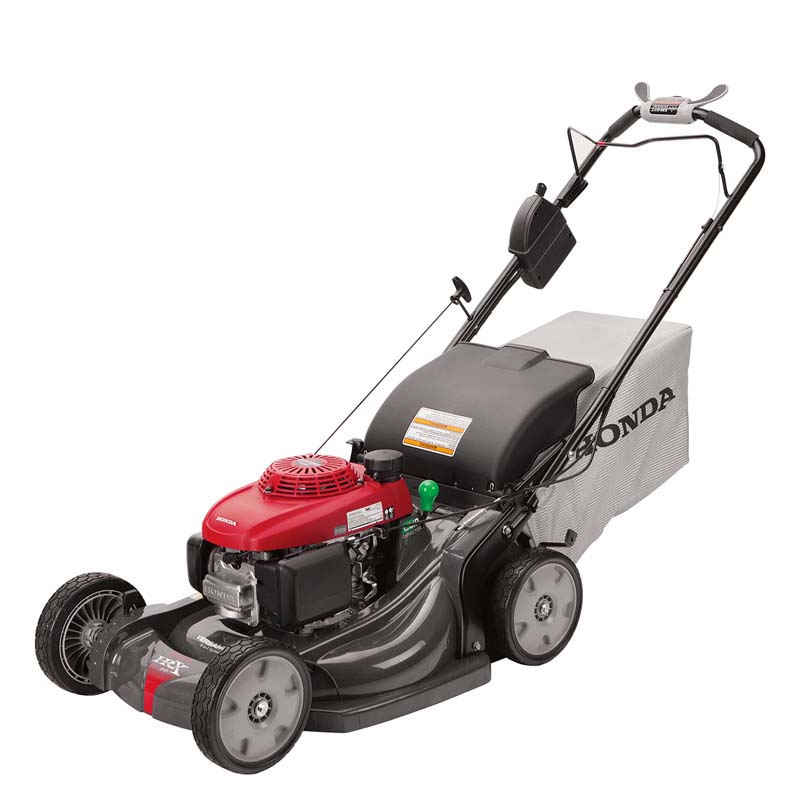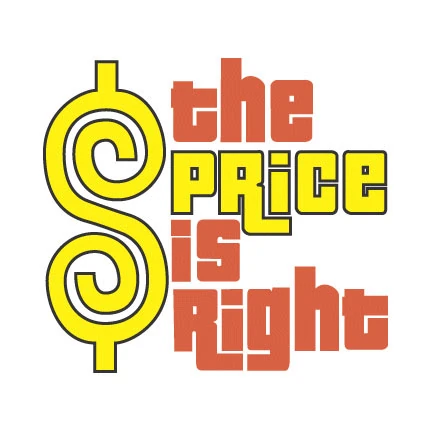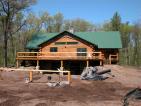When you’re going through the process of making a lease agreement with a new tenant, it’s imperative to be clear on who will be living in your property. Many times people will sign a lease without telling their new landlord that their family member or significant other will also be living with them, which can later cause problems. When writing up your lease, make it known whether or not your tenant is allowed to have roommates, and what rules they have to follow as well as any additional financial obligations that may come up.

If you’re okay with more than one person living in the property (which is typically the case), make sure you’re aware of how many people it’ll be so the lease can be based off of that. You may also want to make the lease so that all of the tenants sign it, so that you know that they’re aware of the rules and guidelines they need to follow while living in your property.
In the event that your tenant doesn’t tell you about their secret roommate, it’s up to you to reach out to them and tell them that they’re going against the terms stated in the lease, and what the next steps are to better the situation. If you’re okay with your tenants roommate, you have the opportunity to add more to the lease as well as increase the price of rent. This may seem unfair to your tenant, but it’s the best way to guarantee any problems arising in the future.




 move out.
move out.
 od to go! College students are also good tenants because they can give you a realistic estimate about how long they plan on living in your property because eventually they’ll need to graduate or just relocate in general.
od to go! College students are also good tenants because they can give you a realistic estimate about how long they plan on living in your property because eventually they’ll need to graduate or just relocate in general.

 If you make a lease agreement that doesn’t cover specific items, you’re leaving a lot of blank space that may hurt you later on. It’s imperative to set clear roles and decide what’s going to be your tenants responsibility and what’s going to be your responsibility. This comes into play when you’re talking about things like general maintenance, or even landscaping; who’s going to be hiring someone to fix things, who’s going to take care of mowing the lawn? Some people may think these things are implied and won’t put them into the terms of the lease, but that can lead to problems later on.
If you make a lease agreement that doesn’t cover specific items, you’re leaving a lot of blank space that may hurt you later on. It’s imperative to set clear roles and decide what’s going to be your tenants responsibility and what’s going to be your responsibility. This comes into play when you’re talking about things like general maintenance, or even landscaping; who’s going to be hiring someone to fix things, who’s going to take care of mowing the lawn? Some people may think these things are implied and won’t put them into the terms of the lease, but that can lead to problems later on.